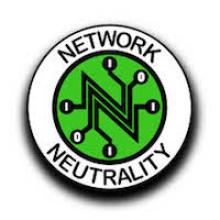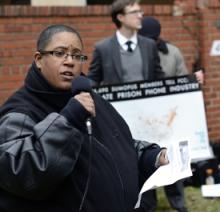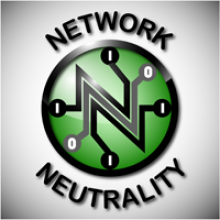CityLink Telecommunications in Albuquerque Prefers Open Access - Community Broadband Bits Podcast 208

A small telecommunications company in Albuquerque embodies much of the philosophy that has powered the Internet. And CityLink Telecommunications President John Brown credits Vint Cerf for some of that inspiration. John Brown joins us for episode 208 of the Community Broadband Bits podcast, where we talk not just about how enthusiastic he is for open access, but how he writes open access requirements into contracts to ensure CityLink would continue to operate on an open access basis even if he were struck down by an errant backhoe. We also discuss the Internet of Things and security before finishing with a discussion of how he thinks the city of Albuquerque should move forward with his firm to save money and improve Internet access across the community. We also touch on Santa Fe's decision to work with a different company in building their short spur to bypass a CenturyLink bottleneck.
This show is 36 minutes long and can be played on this page or via Apple Podcasts or the tool of your choice using this feed.
Transcript below.
We want your feedback and suggestions for the show-please e-mail us or leave a comment below.
Listen to other episodes here or view all episodes in our index. See other podcasts from the Institute for Local Self-Reliance here.
Thanks to Forget the Whale for the music, licensed using Creative Commons. The song is "I Know Where You've Been."







